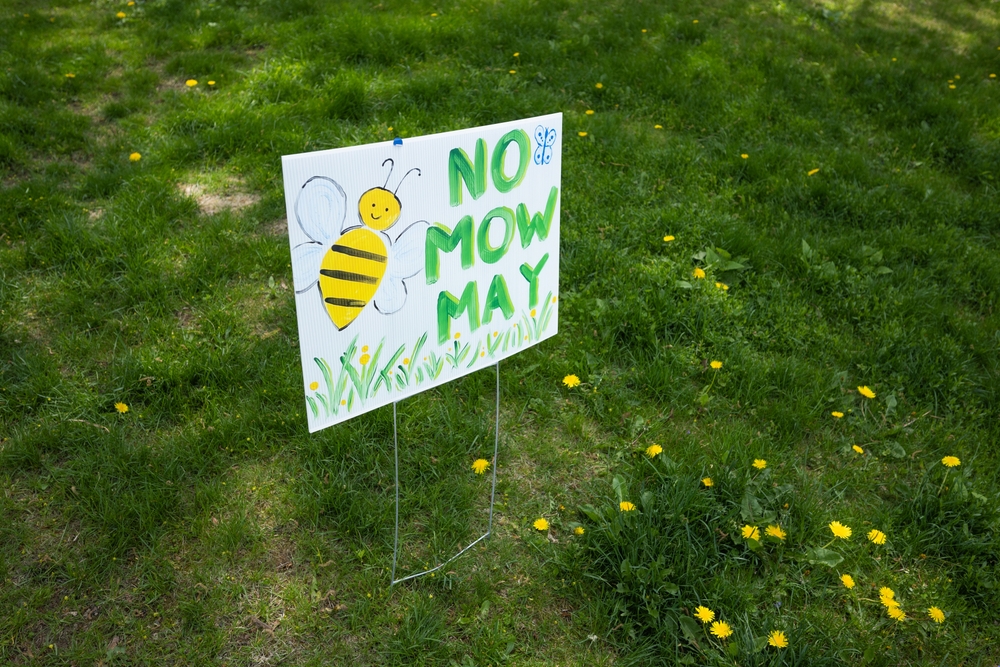The premium beer seller, Heineken, has officially announced it will replace plastic ring-holders and shrinkwrap from its products in all UK facilities. By replacing the old plastic holders with a recycled cardboard holder, the company hopes to remove 500 tonnes of plastic from the packaging by 2022.
The change will first be rolled out on the Dutch company’s main brands: Heineken, Foster’s and Kronenbourg 1664. By 2022, it hopes that all its other four branches will adopt the same measure. The company also assures that its cardboard holders are resistant enough to hold the familiar 6-pack beer format.
The plastic ring holders have become a common staple for any canned drink, which unfortunately comes with noticeable setbacks for the environment. Apart from contributing to the severe waste problem, the plastic rings also pose a huge threat to marine life who may become trapped in the holes.
Heineken is not the first company brewery to implement such a policy. The Copenhagen-based brewing company, Carlsberg Group, also removed plastic ring from its main beer brand. Instead of cardboard holders, the company instead opted for a recyclable “magic” glue solution to hold their multi-packs together.












